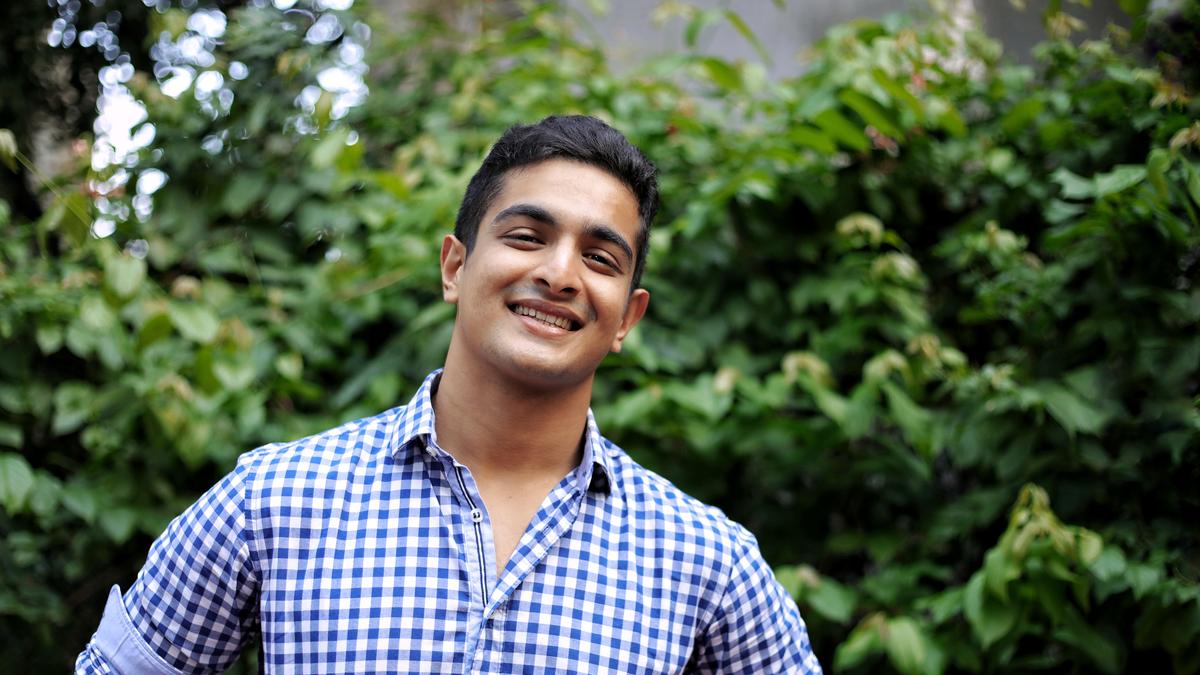The popular YouTube show ‘India’s Got Latent’ has sparked controversy after criminal proceedings were initiated against its creators and participants over allegedly obscene remarks in one of its episodes. On February 18, 2025, the Supreme Court granted interim protection from arrest to podcaster Ranveer Allahbadia, one of the participants named in the FIRs. This has reignited the debate on whether stringent criminal sanctions are justified for contentious speech. Is there a right to take offence? Justice Gautam Patel and Dushyant Dave discuss the question in a conversation moderated by Aaratrika Bhaumik. Edited excerpts:
Is there a right to take offence at any form of speech?
Dushyant Dave: The right to free speech is always subject to certain exceptions, including decency and morality. However, these standards vary across jurisdictions and evolve over time. While I agree that the language used in the show was highly inappropriate, I have serious reservations about whether it meets the legal threshold to constitute a criminal offence. In reality, such language is widely used in everyday discourse and has become common parlance in society. Thus, the outrage surrounding it seems misplaced.
Should laws be paternalistic, or restrict speech only when it poses an imminent risk of public disorder?
Gautam Patel: The freedom of speech under Article 19(1)(a) can be restricted only by the limitations explicitly prescribed in Article 19(2). While the right to free speech is expansive, the restrictions on it remain narrowly defined. Therefore, the state cannot impose restrictions beyond these constitutional limits. More importantly, speech cannot be curtailed through executive action — such restrictions must be imposed solely through duly enacted legislation.
Is constitutional morality a vital safeguard against the moral convictions of the majority?
That said, society has every right to condemn the remarks made on the show. It can express discontent through criticism or boycotts. However, criminal sanctions are never the solution. Moreover, the increasing trend of filing multiple FIRs for the same offence constitutes harassment. It not only prejudices the accused but also undermines their right to a fair defence.
Gautam Patel: Constitutional morality is a nuanced and evolving concept. It is not an inherent sentiment but one that must be cultivated. There is also ambiguity regarding its application to constitutional processes. For instance, Dr. B.R. Ambedkar believed it was wiser to entrust the legislature with prescribing forms of administration rather than embedding them in the Constitution. That said, I agree that whether a form of speech qualifies as an offence is a matter strictly governed by substantive law.
Can profane speech necessarily be considered “obscene” speech?
Dushyant Dave: Obscenity is not explicitly defined under criminal law or the Information Technology Act 2000. Instead, its determination is a matter of degree, shaped by society’s evolving moral standards. Looking at the erotic art of Khajuraho and Konark. It seems that rather than becoming more progressive, our society has regressed over time. Justice Krishna Iyer captured this dilemma in Raj Kapoor & Ors. v. State (1979), where the court quashed criminal proceedings against the makers of the film Satyam, Sivam, Sundaram. He observed: “The relation between reality and relativity must haunt the Court’s evaluation of obscenity, expressed in society’s pervasive humanity, not law’s penal perspective.”
A recent study by the research group India Hate Lab found a 74.4% surge in hate speech against minorities by politicians in 2024. Is the relentless targeting of comedians a case of misplaced priorities?
Gautam Patel: Comedians play a crucial role in society by challenging authority and reflecting societal realities. I firmly believe in the Latin maxim “In joco veritas — In jest, there is truth.” Thus, the targeting of comedians is not just unfortunate but reprehensible. However, profanity is not humour; it is an indication of thoughtlessness. Intelligent humour does not require offensive language. As a society, we must understand that divergent views are inevitable. We can either engage with them or ignore them, but not silence the messenger. I also agree with Dushyant that we are failing to penalise the rising instances of hate speech.
Efforts to regulate digital content, such as the Broadcasting Services (Regulation) Bill, have intensified. What are your concerns?
Dushyant Dave: My concern is the selective enforcement of laws. Why do censorship laws primarily target Opposition leaders and government critics? People are dragged to court for merely criticising the government, even when their speech falls short of sedition. Laws must be applied fairly and impartially — something the judiciary is failing to uphold. A vibrant democracy demands unwavering protection of free speech.
Justice Gautam Patel, former judge of the Bombay High Court; Dushyant Dave, senior advocate based in Delhi
